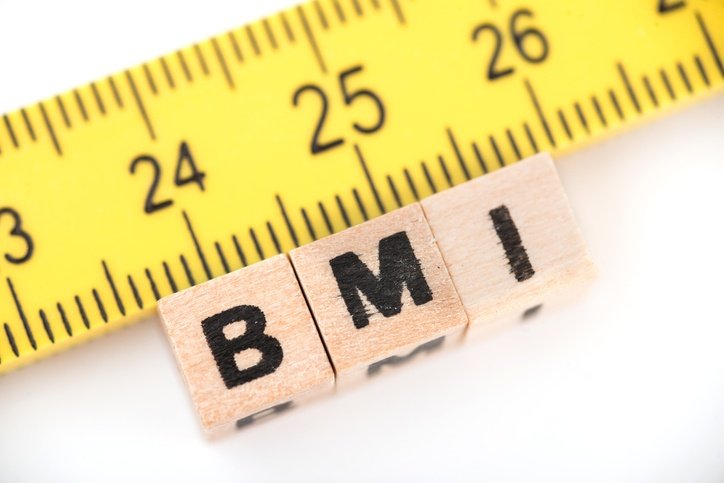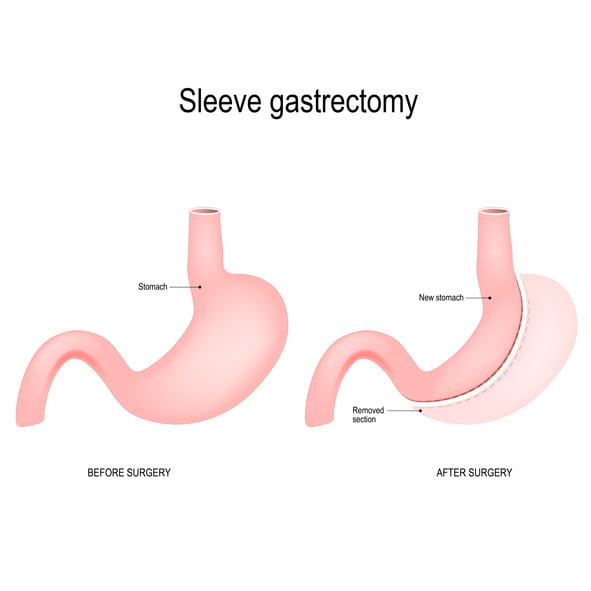

Gastric sleeve surgery is a minimally invasive procedure that can help you lose weight and keep it off. It is a very popular procedure at Birmingham Minimally Invasive for many reasons. One big advantage is that we perform gastric sleeve laparoscopically, which means there is a shorter recovery time than with other bariatric surgeries, allowing you to resume your normal daily life sooner.
There is another big advantage too, and that is the cost. Our price at BMI Surgery is $8,999. This is the best price you will find in our area because our goal is to make losing weight more attainable for you. Whether you choose to pursue private pay or insurance coverage, we will help you meet the requirements so you can lose weight and start feeling great.
Let’s look a little more closely at what’s involved in the cost of gastric sleeve — what you get, what you don’t get, and how people approach their payments.
Factors contributing to gastric sleeve costs
Bariatric surgery prices vary based on type, level of invasiveness, and where you choose to have your surgery done. Gastric sleeve surgery is considered one of the less invasive weight loss procedures. It requires less time to perform the surgery and a shorter hospital stay in most cases. This allows us to offer it at a lower price than some other weight-loss surgeries.
Gastric sleeve cost: what’s included & what’s not at BMI
Our $8,999 cash pricing includes:
- Pre-operative testing with blood work and EKG, if necessary
- Surgeon fee for the procedure
- Anesthesiologist fee
- Post-operative office visits for 90 days
- Surgery center fee (Unfortunately, not all patients will be candidates for outpatient surgery. If the procedure has to be performed in the hospital, the total price will be $12,800, and this cost will cover a one-night stay in the hospital.)
- Monthly support group meetings
Pricing does not include:
- Pre-operative office visit, which is $195
- Pre-operative nutrition evaluation/education and postoperative nutrition followup, which is $80 in total
- Post-operative office visits at 6 months and yearly, which are $125 per visit
Paying for gastric sleeve surgery: insurance or out of pocket?
Obesity is officially recognized as a disease by the American Medical Association. The health risks associated with it are so high that many insurance plans cover most, if not all, of the costs for gastric sleeve surgery. However, there are instances in which coverage may be denied.
When insurance does cover the surgery, there are typically very strict requirements to qualify even though the procedure is medically indicated. This often includes a lengthy physician-supervised diet that usually lasts about seven months. By paying out of pocket, you avoid all of these strict requirements that insurance companies create. You can start the journey towards a healthier life much more quickly.
Making the right choice
At BMI Surgery, we know there are many factors that go into your decision to undergo a weight loss procedure like gastric sleeve surgery. Our goal is to provide the latest surgical procedures at a state-of-the-art facility and at the most competitive prices possible. By offering gastric sleeve surgery for just $8,999, we hope to help many patients lose weight and regain control of their life.
Contact Us to Learn More About Gastric Sleeve Surgery Costs
Birmingham Minimally Invasive Surgery is a caring group of professionals who specialize in all types of bariatric surgery, including gastric sleeve surgery. We are so proud of our pricing that we publish the costs right on the front page of our website! We work with our patients to make the process as simple as possible and determine the best payment options on a case-by-case basis. Give us a call to set up a consultation at 205-833-6907.








 A few years ago, you had bariatric surgery with successful results. It’s a great option for those suffering from excess weight and obesity. But now? Well, life happens. For even the best patients, it’s hard to continue a strict diet and exercise routine.
A few years ago, you had bariatric surgery with successful results. It’s a great option for those suffering from excess weight and obesity. But now? Well, life happens. For even the best patients, it’s hard to continue a strict diet and exercise routine. 

